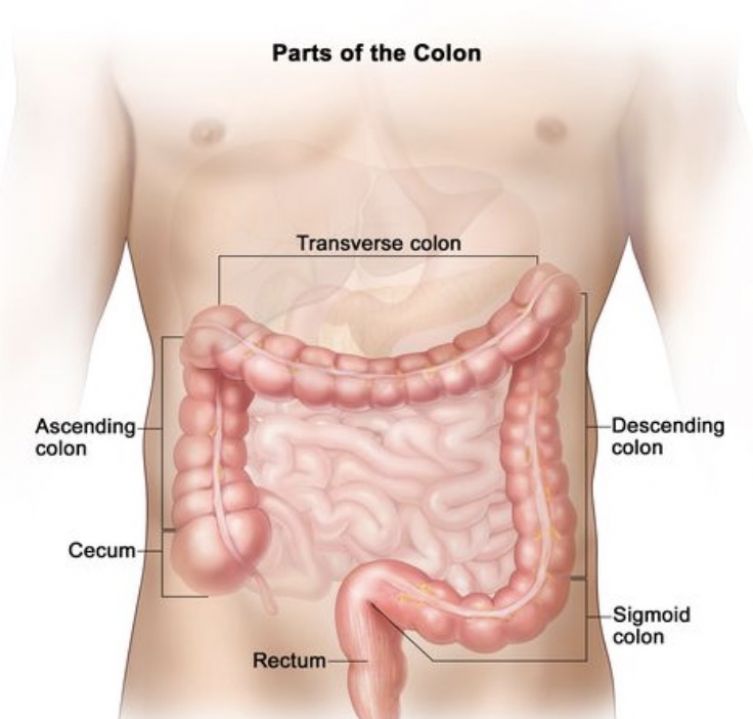Where Can I Buy Colon Broom.
Where Can I Buy Colon Broom - The Rarely Talked About Truth Unveiled By A Renegade Professional
Where Can I Buy Colon Broom
Small children with holding behaviors due to painful bowel movements, fear of passing stool, or fear of getting it wrong may benefit from oral medications. Even though gentle enemas may be effective, they could make the child more fearful. Other currently available non-pharmacological treatment options for constipation are probiotics. Nowadays, probiotics are familiar to the public as the components of bioyoghurts and dietary supplements, are widely available, and commonly prescribed. The faecal ecology changes with the aging process, mostly through a decrease in the numbers of bifidobacteria.
Blood Pressure - Underground Factual Statements Unveiled By The Experts
"Your doctor may recommend that you take a laxative as needed, or sometimes more regularly depending on how significant or severe your constipation is," notes Dr. Garg. You can choose from bisacodyl or Dulcolax(r), or sennasennosides (Senokot). Dr. Garg states that these types de laxatives stimulate the intestinal muscles to contract and move the stool. Moving around can help dietary fiber you feel more energetic if you feel bloated or sluggish. Sometimes it might be difficult to bowel control. If you have tried all other treatments unsuccessfully and have abnormally slow stool movement, surgery may be an option.
Get Colon Broom
Where Can I Buy Colon BroomOne type retains water in the intestine which makes it easier to pass stool. It is due to hormonal changes as well as high doses of iron supplements that can make constipation worse. You should strengthen your gut health ensure that you get enough water, exercise regularly, and eat a healthy, fiber-rich diet. Also called fiber supplements, these have the same effect as an increase in dietary fiber. Unlike other laxatives, these are safe to use daily, but may take two to three days to work.
Medical Review Of Colon Broom - Why Every Little Thing You've Read About This Product Is Totally Wrong
Constipation should disappear once hormones return to normal. Treatment for nutrients constipation and soiling has three phases - clean out, maintenance, and reestablishing toileting acids behaviors. Listen to the stories of patients who have experienced constipation. Nationwide Children's experts helped them.
Cheapest Colon Broom Online
Without the water it needs, your colon soaks up the fluid left in your food waste, resulting in harder stools that won't budge. Nutrition is important for chronic constipation sufferers. Stanford Health Care's Digestive Health Center is one of a few programs that has a registered dietitian. We offer highly specialized nutritional therapies and can tailor them for your specific food preferences.
Where Can I Buy Colon BroomPrevious Article >>>>
Top Articles:
Colon Broom Pros And Cons. - The Absolute Idiot's Guidebook
Colon Broom Ratings And Reviews.
Customer Opinions About Colon Broom. - The Hidden Truth
Colon Broom Deal.
Discounted Colon Broom. - What Everyone Is Saying Is Totally Wrong And Why